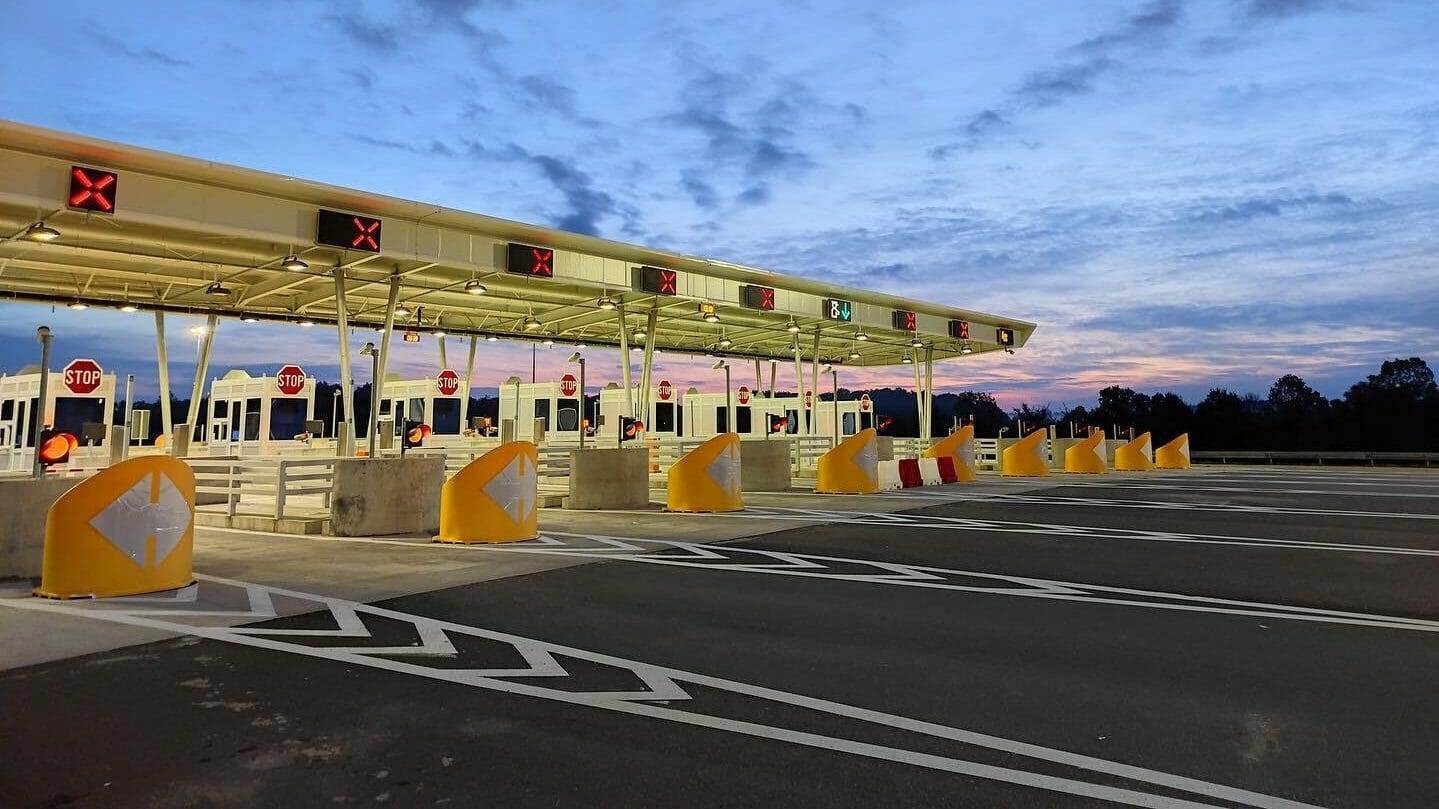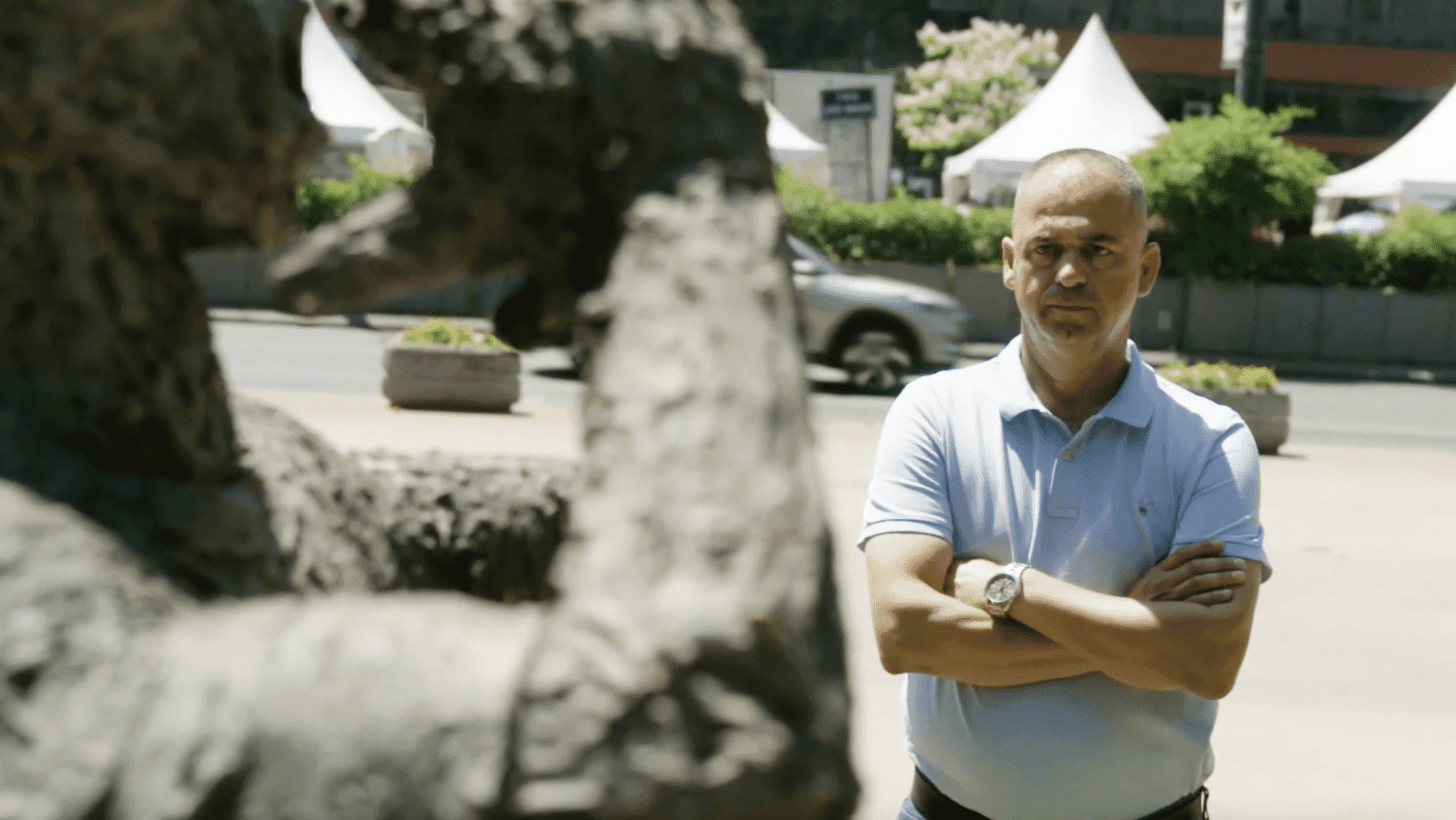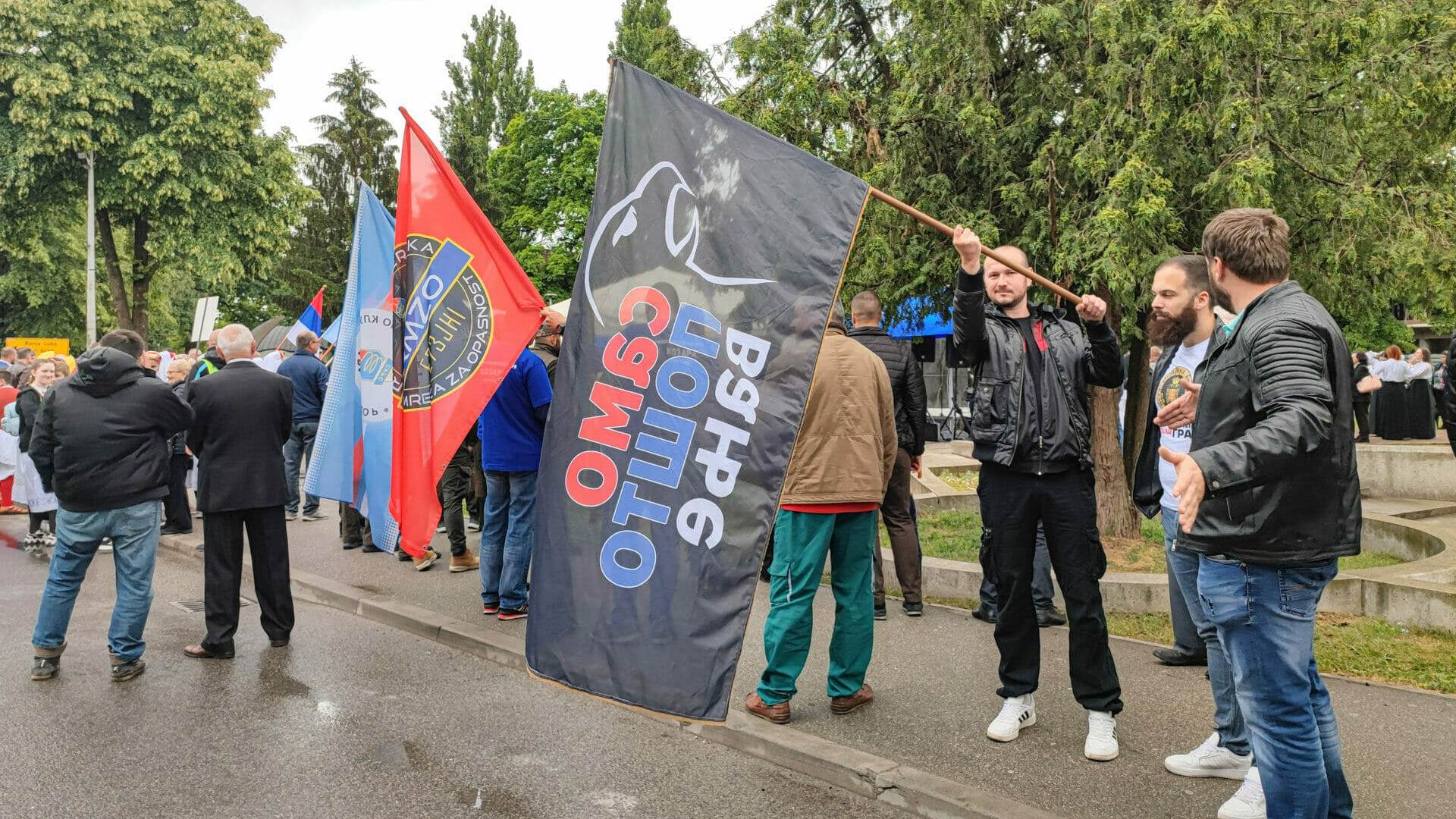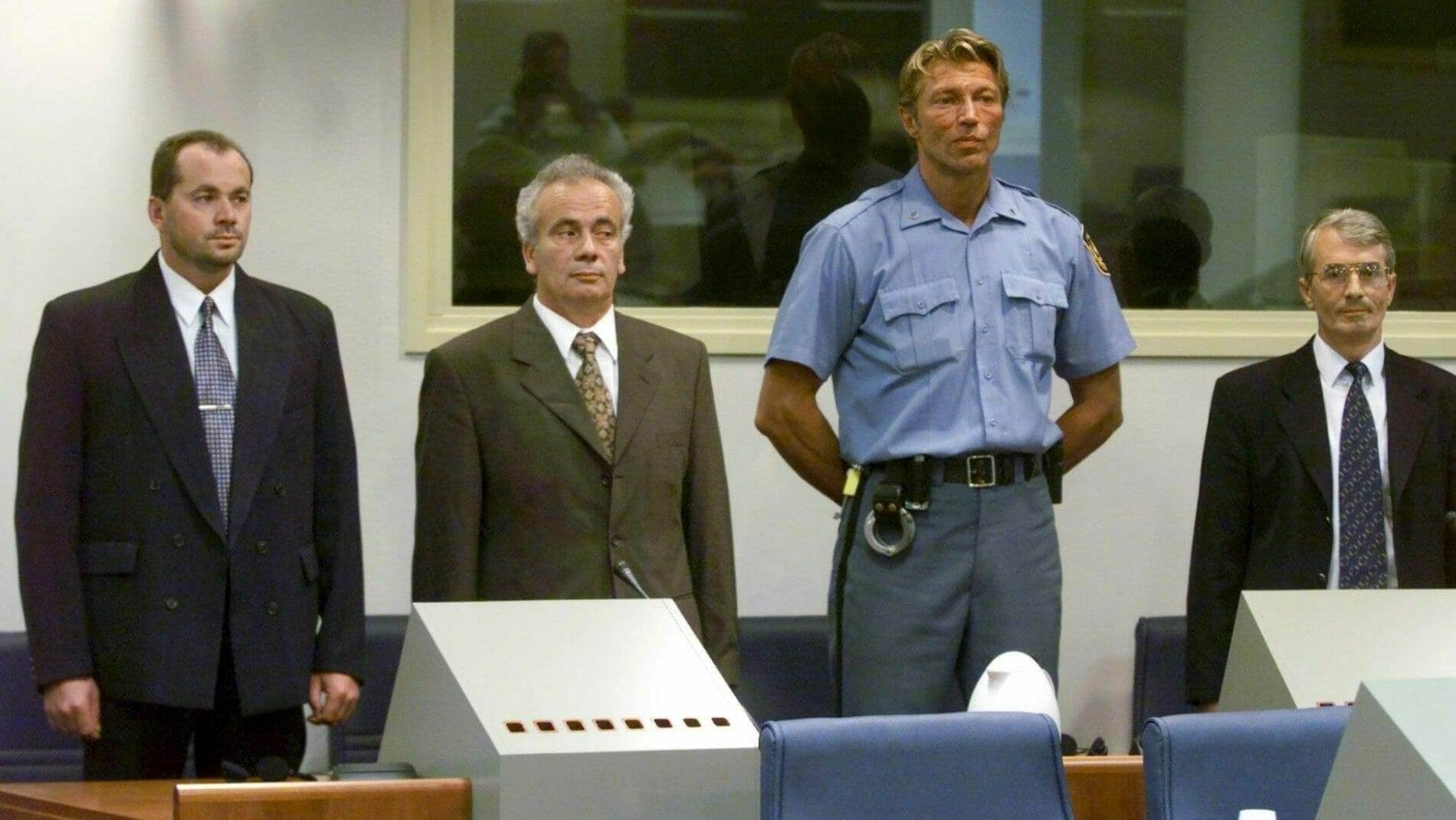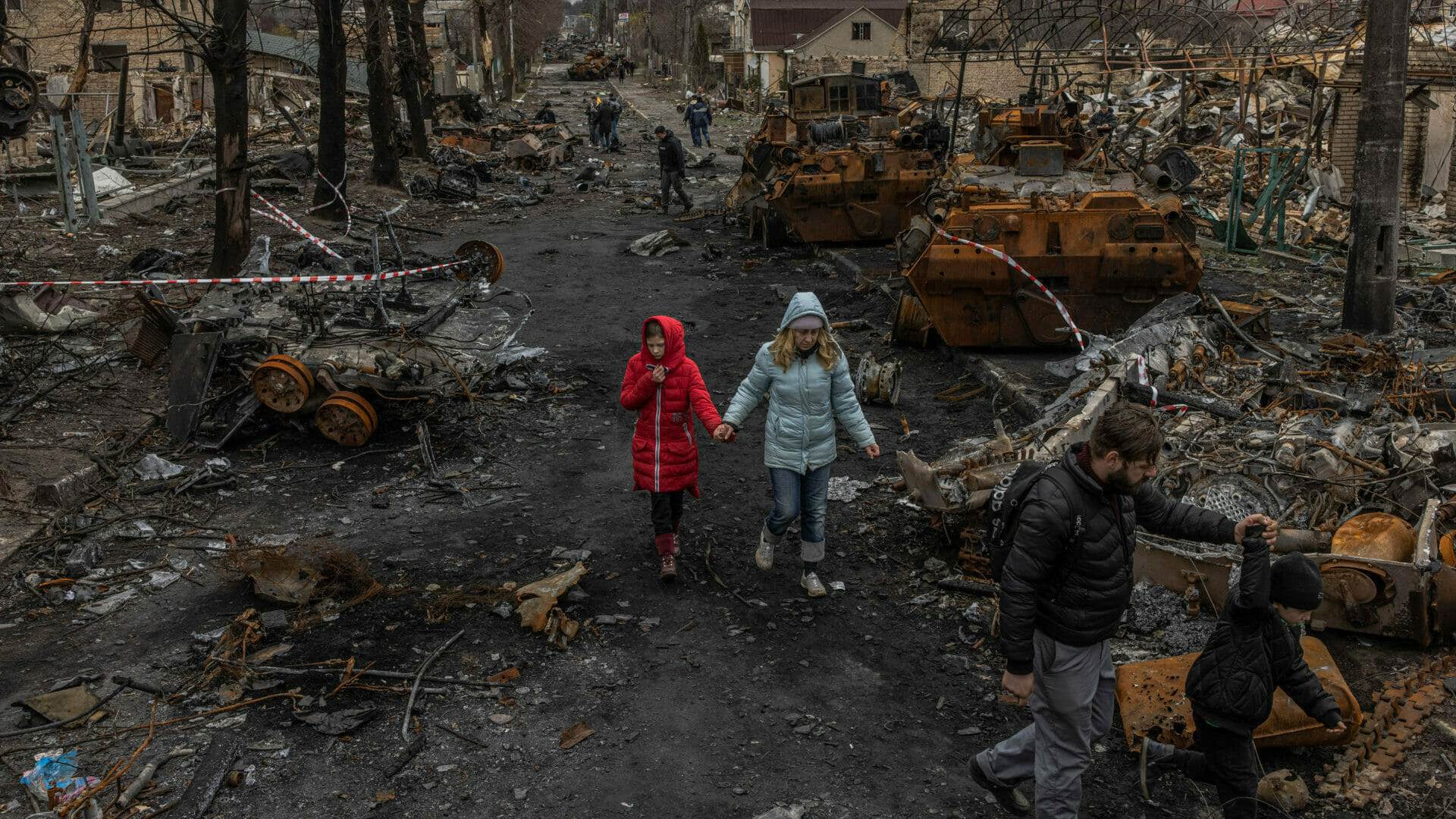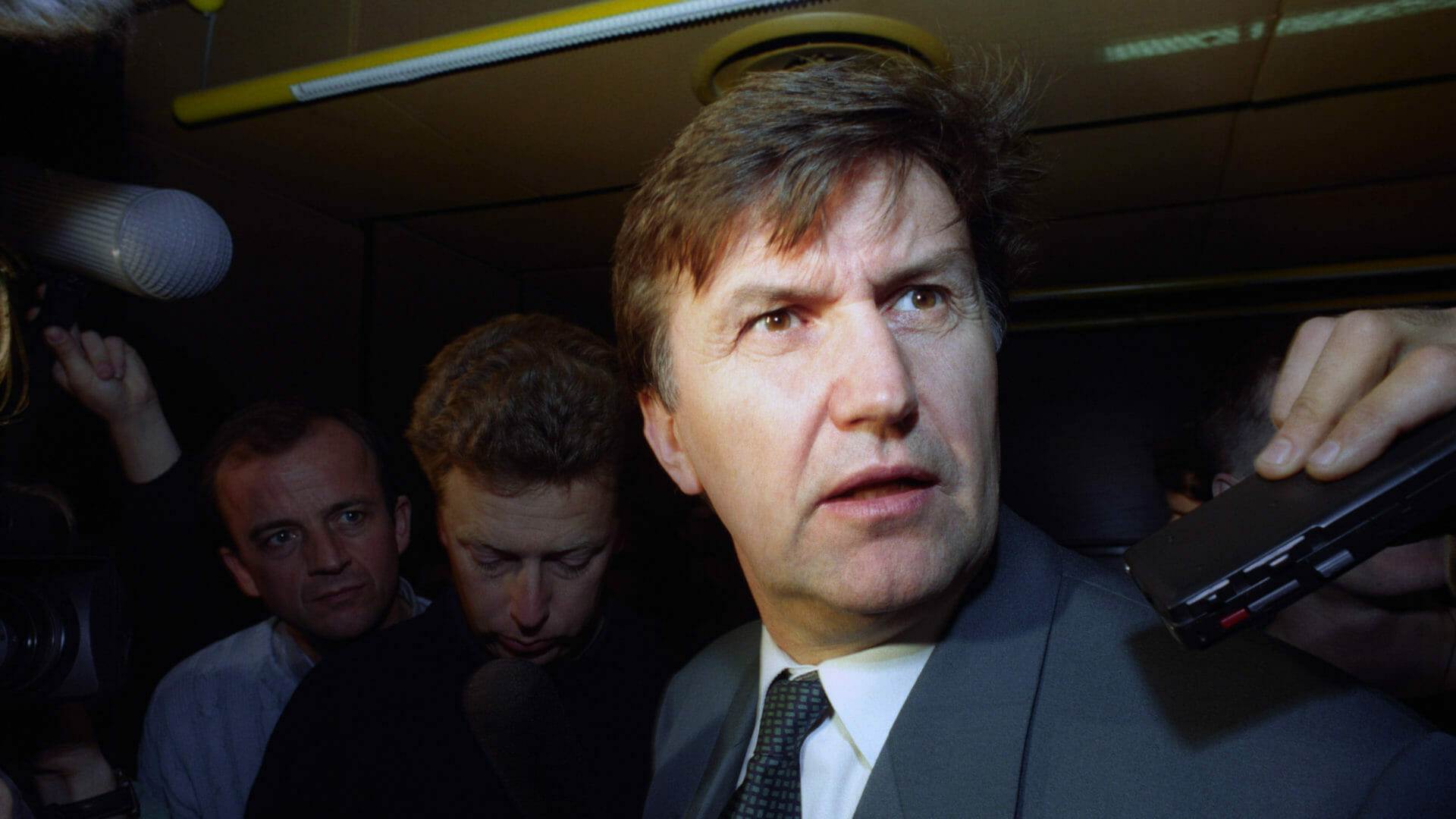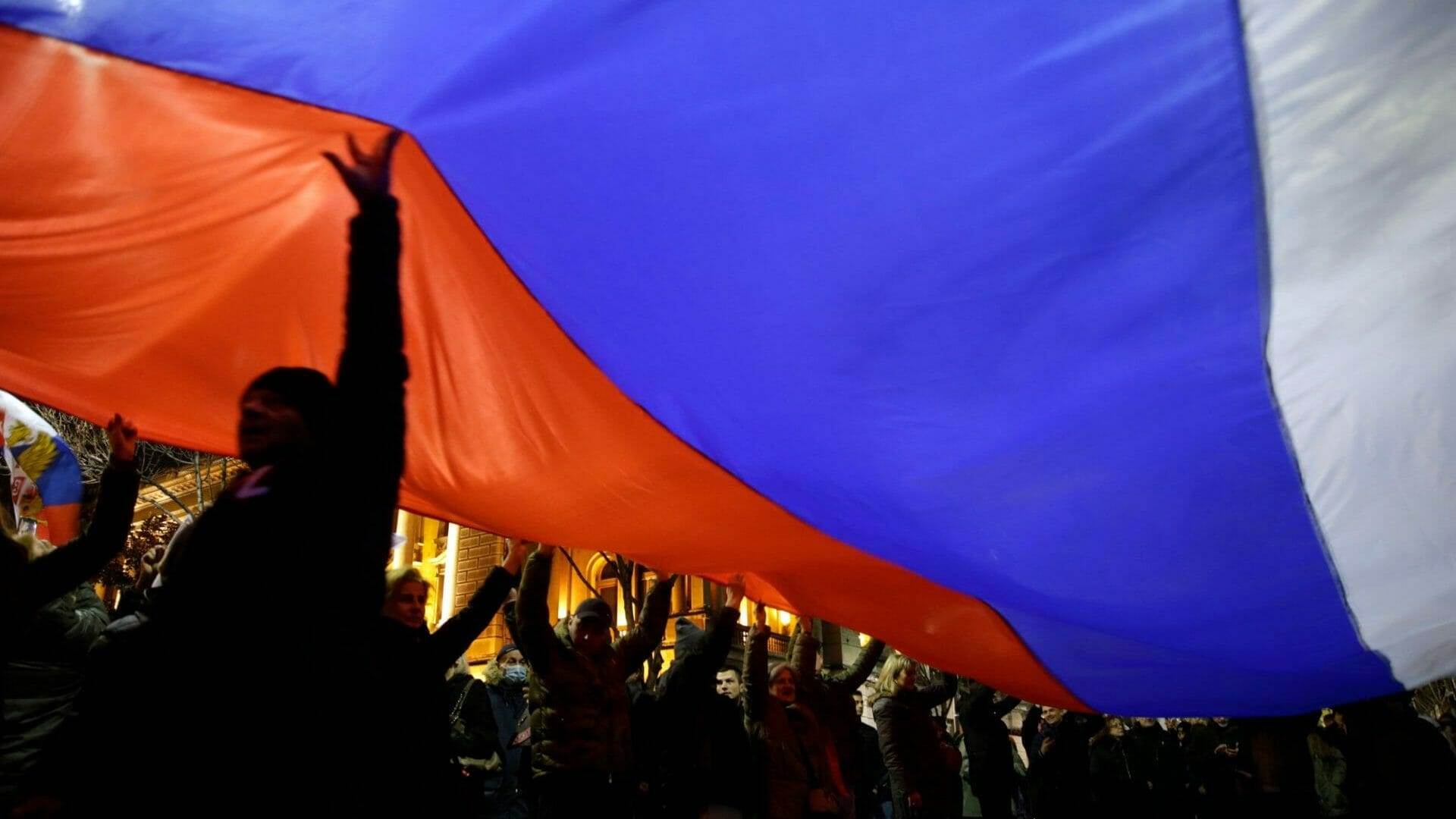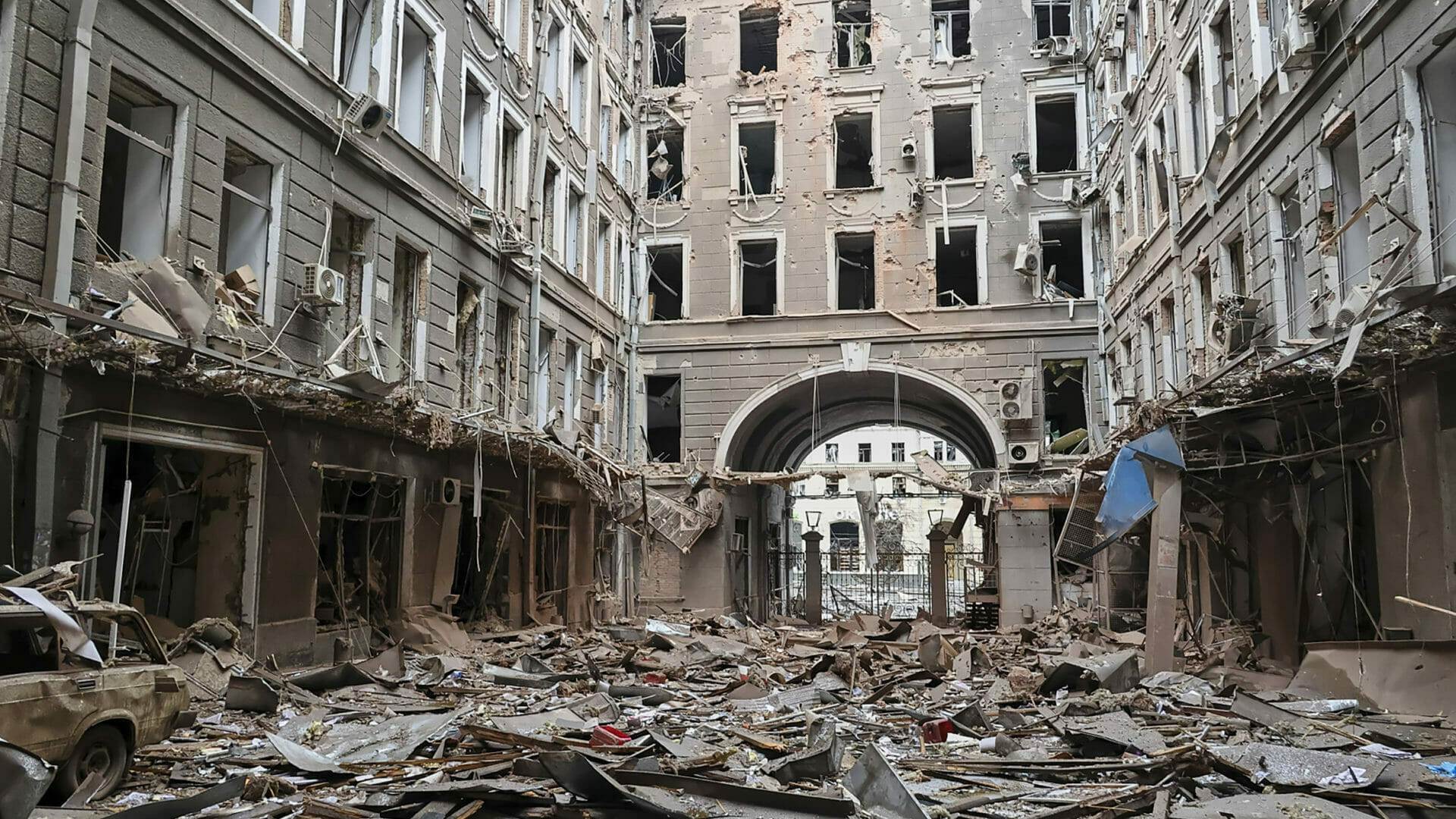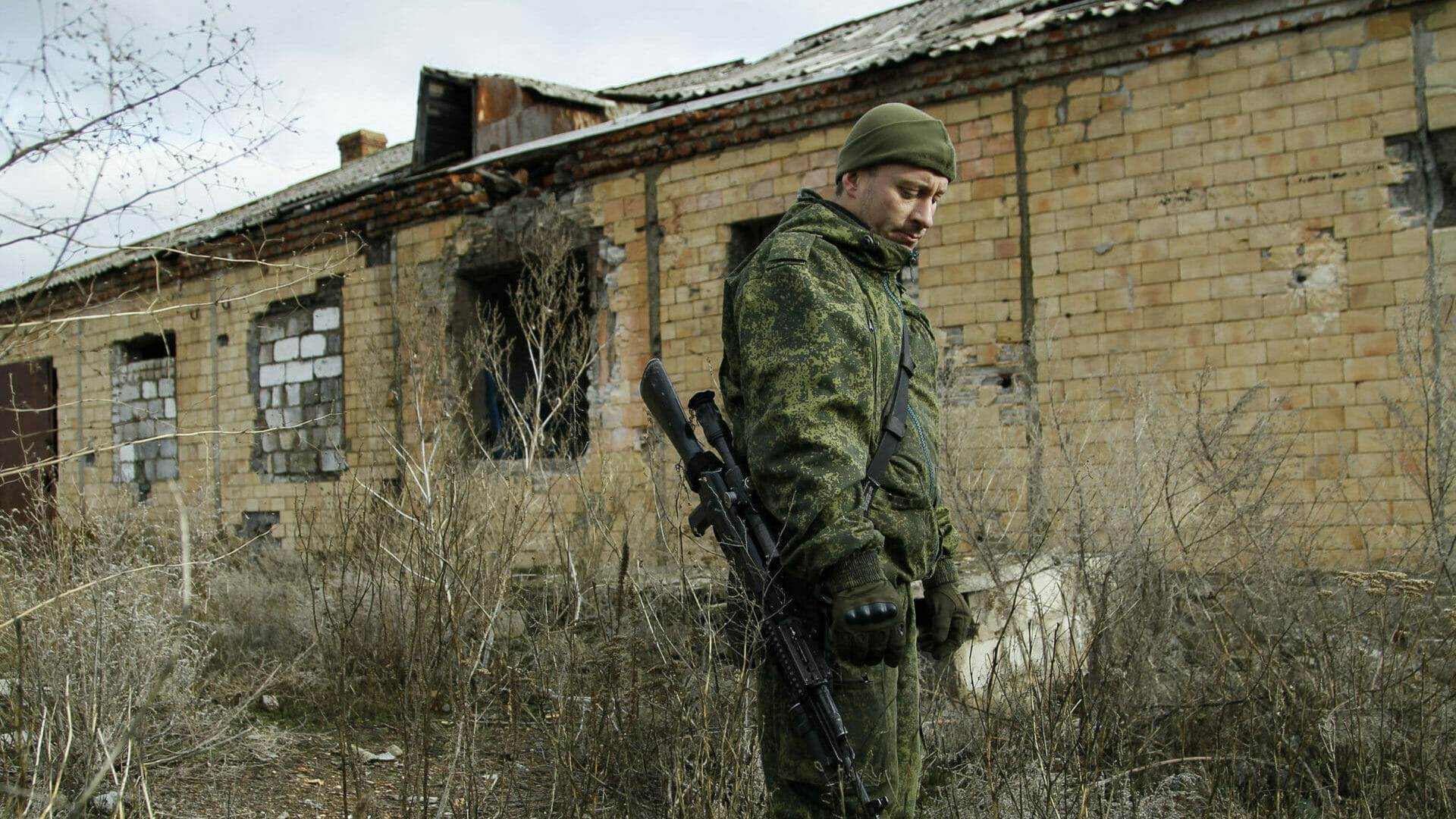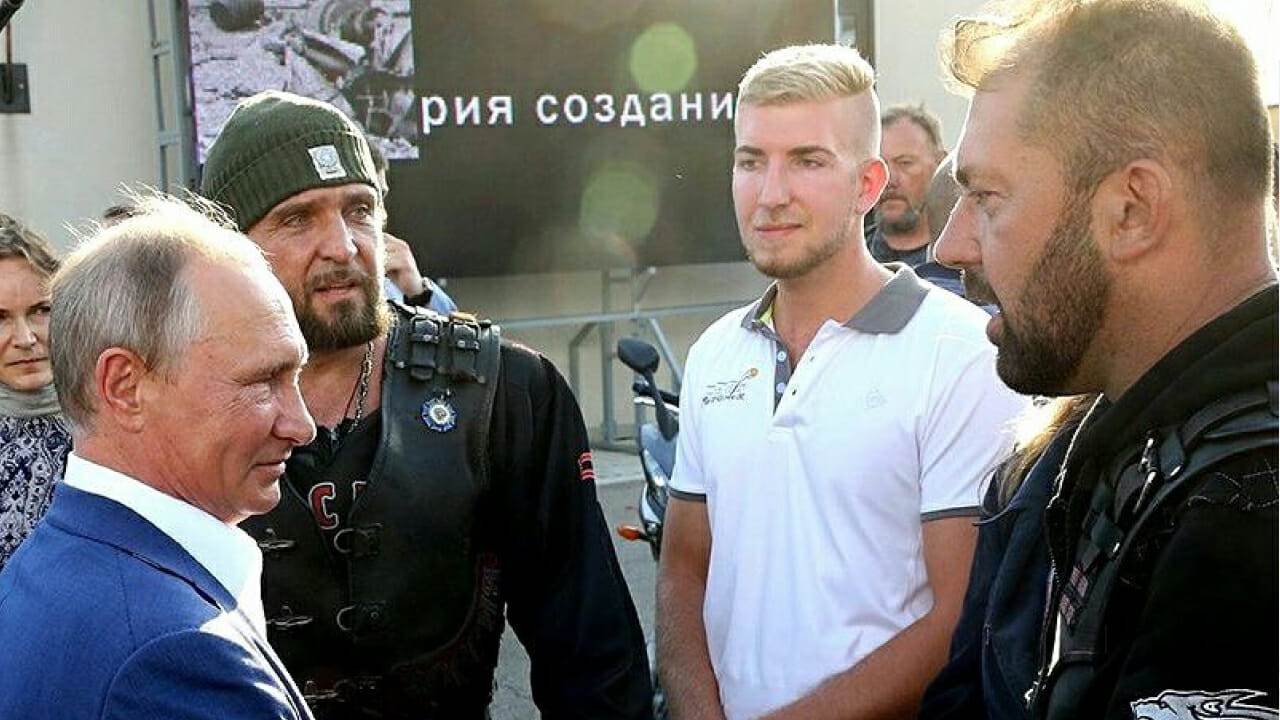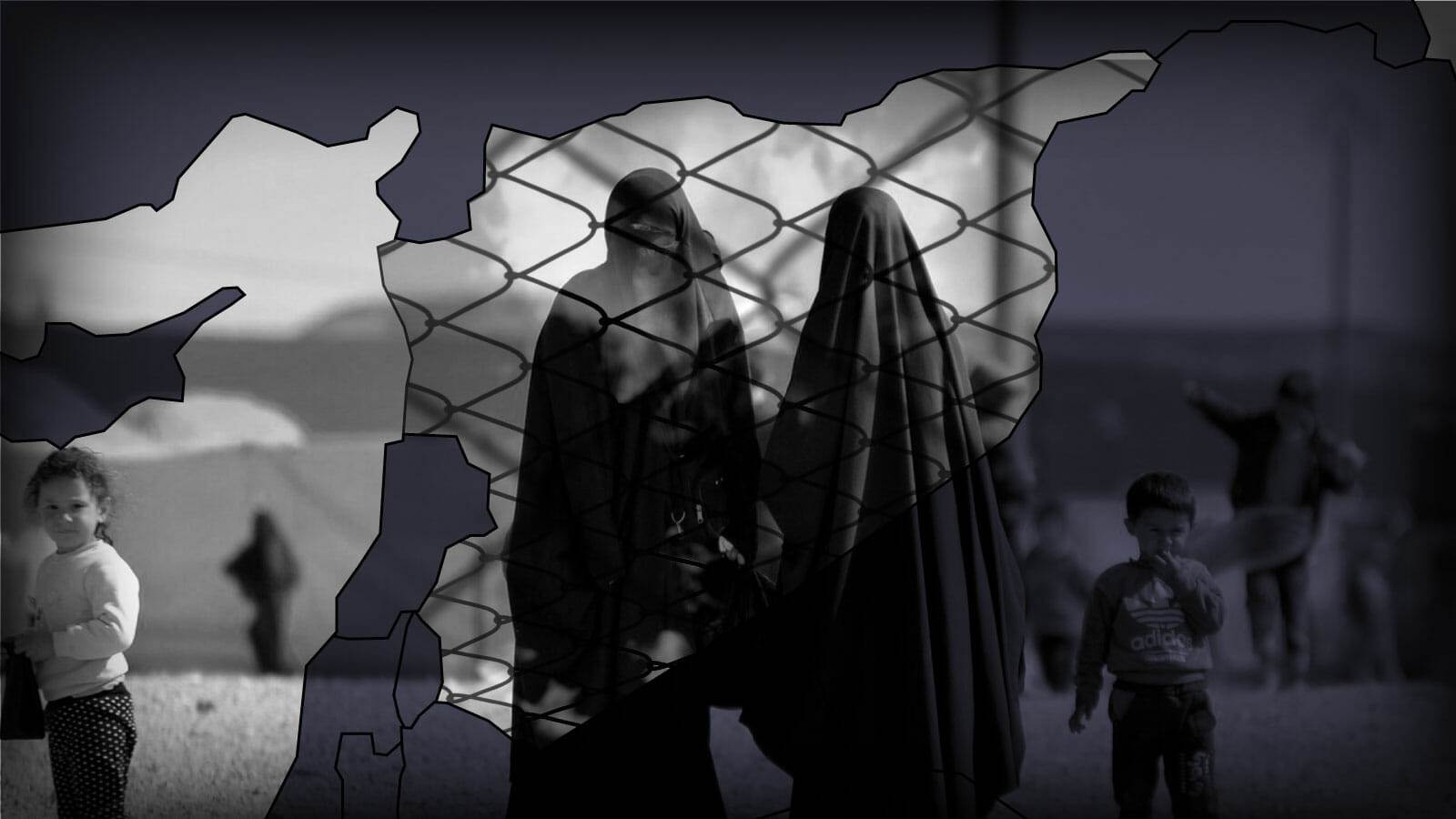Although the European Union has placed the Russian oil company under sanctions, Motorways of the Federation, a public company, is running a campaign encouraging driver to fill their vehicles at...
Public denials of the Srebrenica genocide have decreased significantly in the year since a ban was imposed on denying war crimes and glorifying their perpetrators, although prosecutors have yet to...
Two small but vocal groups of right-wing Bosnian Serb nationalists exerted pressure that is believed to have caused the authorities in the city of Prijedor to ban this year’s White...
Bosnian war survivors and international organisations criticised a decision by Sarajevo’s Novi Grad municipality to name a street after general Mehmed Alagic, who died before the end of his trial...
A ban on a march commemorating victims of wartime persecution by Bosnian Serb forces in the city of Prijedor, which police say was imposed for security reasons, has been criticised...
Moscow is busy selling its own version of the war in Ukraine to Bosnian citizens – cynically using analogies with the 1995 genocide in Srebrenica to justify its invasion and...
Well-known suspects including a former Bosnian presidency member, two Bosnian Army generals and a police chief make the Dobrovoljacka case one of the most high-profile in recent years – but...
Far-right Serb organisations, some known to flirt with neo-Nazism, have rallied in support of the Kremlin’s vow to ‘denazify’ Ukraine, winning applause from like-minded groups in Russia.
As the International Criminal Court starts to probe allegations that Russia is committing war crimes in Ukraine, legal experts warn that prosecutors face serious obstacles to bringing senior officials to...
Appeals for volunteers from Bosnia and Serbia to join pro-Russian forces in Ukraine are getting a strong response on social media – but how many are actually going is less...
Some pro-Russian groups in Bosnia have expressed support for Russia’s invasion of Ukraine. Others are still silent.
More than two dozen Serbian women remain trapped in refugee camps in Syria, waiting so far in vain to be repatriated by the Serbian state. Whispered messages via banned mobile...

